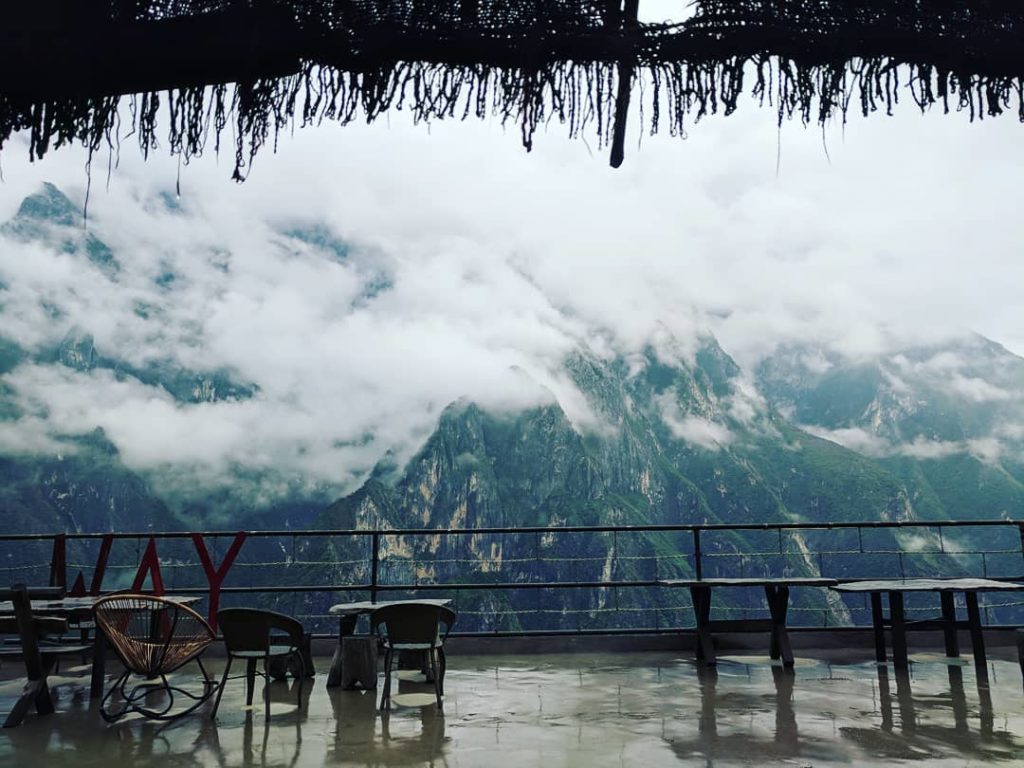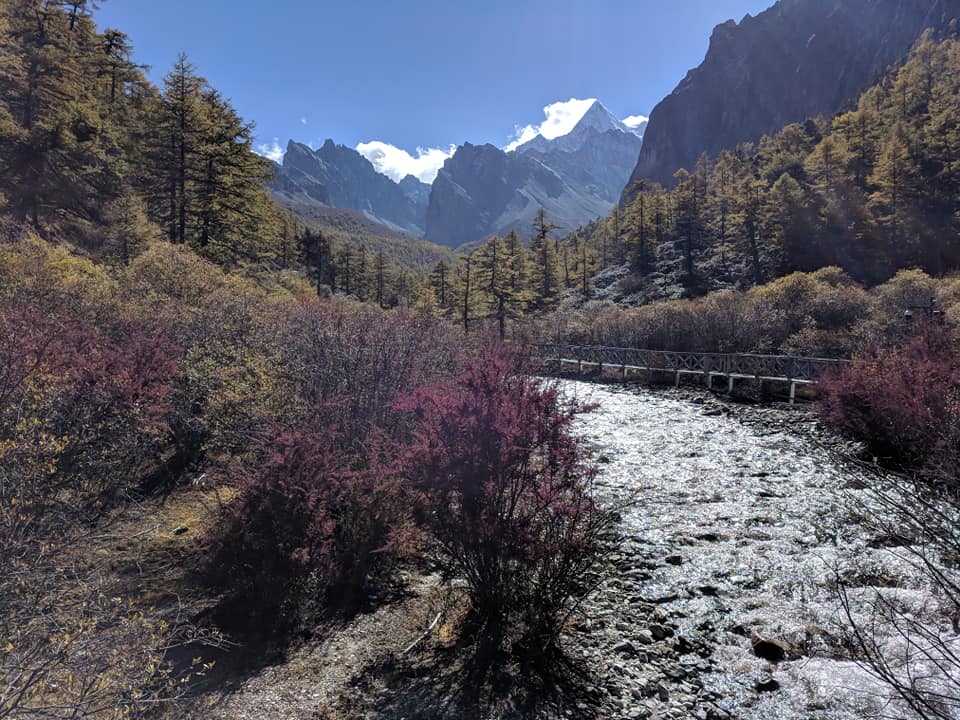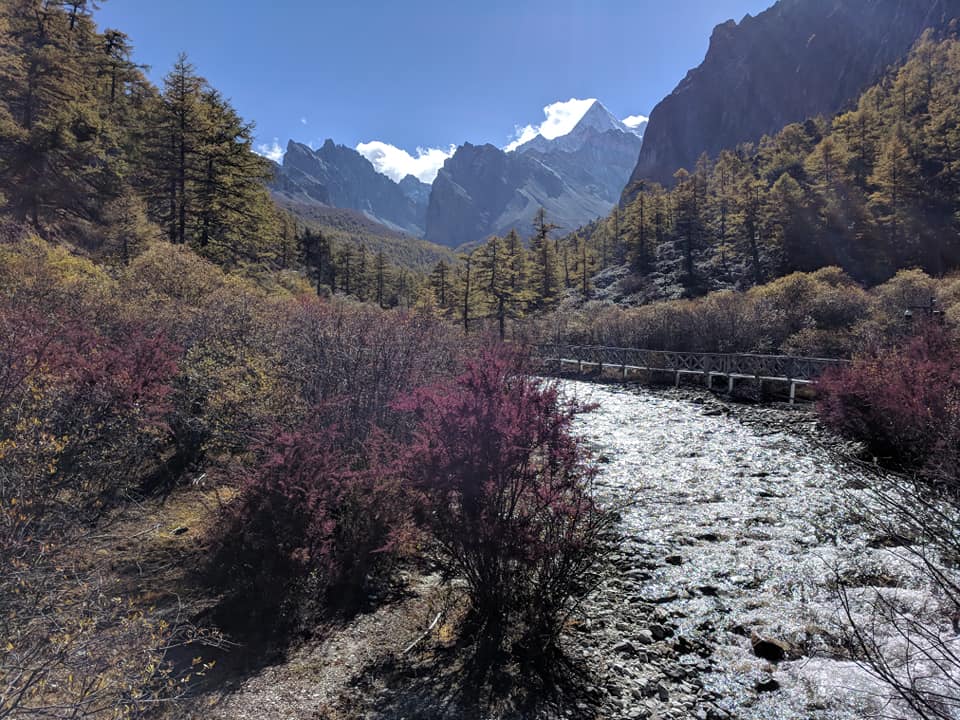
A guest post by Robyn Emory-Murray ’18
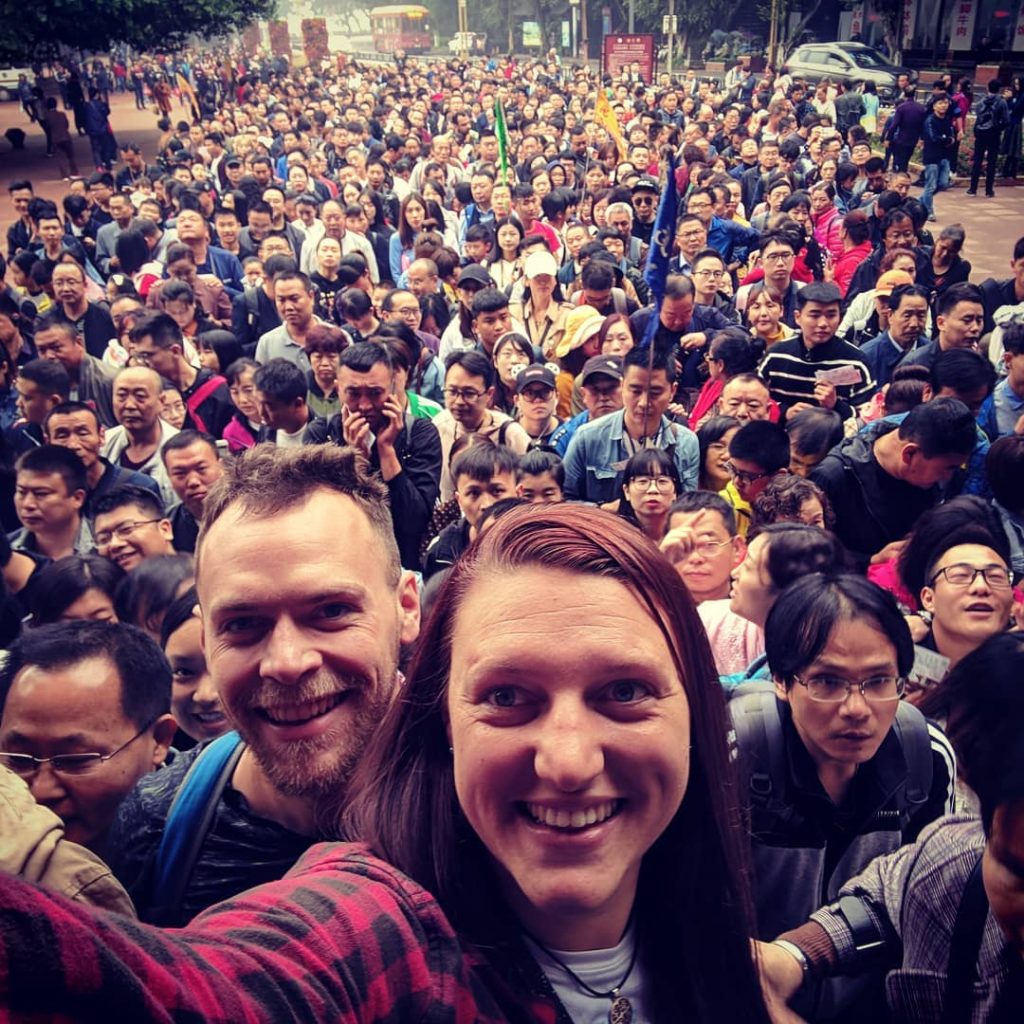
What has your language learning been like (inside and outside the classroom )?
My immersion into the language has been total. While I only attend 18 hours per week of class, I live in an area with no foreigners. I purposely chose to live off-campus so that I would not have an option to revert to English. Beyond classwork I also read books in Mandarin and watch Mandarin TV shows.
The real test of my language has been the move to Kunming itself. When my husband and I moved here I had to complete the transition solely in Mandarin, which included opening bank accounts, finding and negotiating an apartment, setting up phones and WiFi, among other things. It was quite the gauntlet, to say the least, but it was also a big confidence boost.
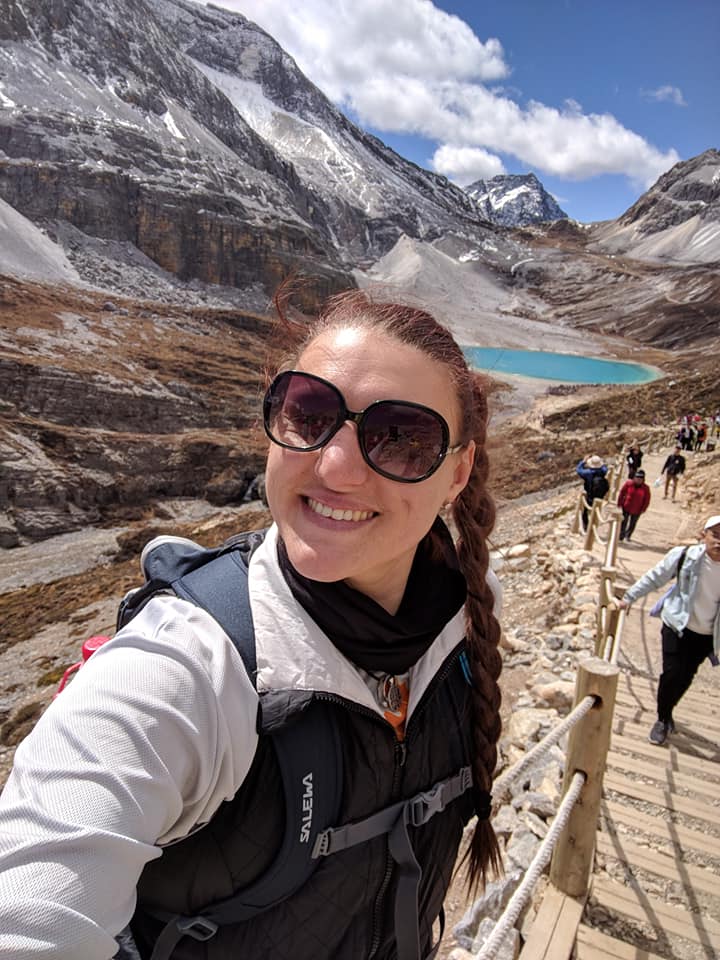
Cultural immersion–what have been some highlights of being in China this time around? Challenges?
The biggest highlight has been my travels within China, specifically to Daocheng Yading Nature Reserve (稻城亚丁风景区) in Western Sichuan Province. Yading is the Shangri-La (香格里拉) featured in the July 1931 issue of National Geographic. Yading is famous for its soaring peaks, high altitude lakes, and expansive grasslands, all lying at above 12000 feet. Yading is remote, so the ability to communicate in Mandarin made it possible for me to go there without assistance. It is always challenging to venture out on my own, especially to areas where I cannot count on anyone to speak English, but it was definitely worth it.

Daocheng Yading Nature Reserve (稻城亚丁风景区) in Western Sichuan Province
How do you expect this experience with Boren to impact your career moving forward?
I hope to work with the government in a role that uses Mandarin on a daily basis, which the Boren specifically will prepare me for. The Boren also has a government service component, and a whole team focused on making sure Fellows find a position which fulfills the requirement. As a Boren Fellow, I am more prepared for and have more support to achieve my career goals.
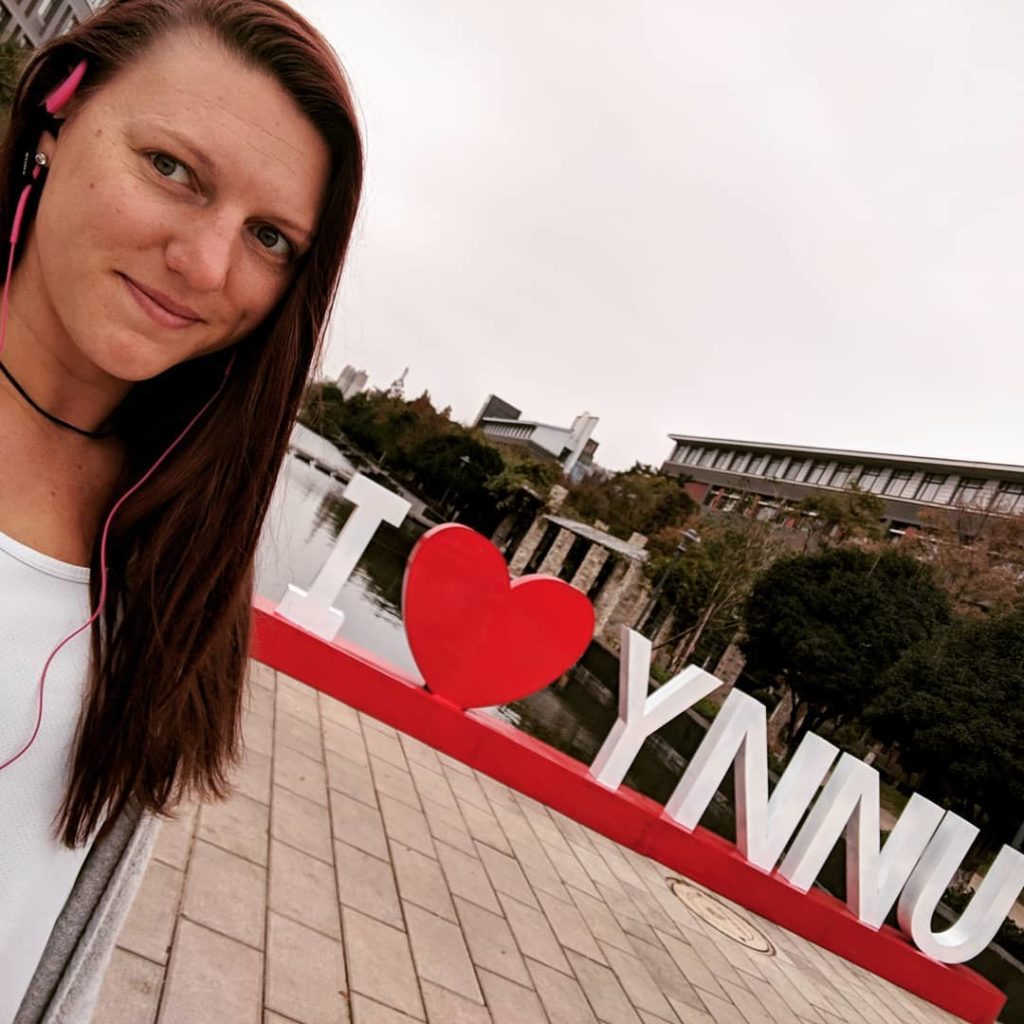
Any connections with your work at IPED that stand out?
Another part of the Boren Fellowship is a research component. I chose my research topic based on my studies within IPED. While there are no Chinese studies specific courses, I was able to turn all the topics from each class to include China or the influence of Beijing. My current research which studies the manipulation of collective memory by the Chinese media found its basis in a paper I wrote for Conflict Resolution and the feedback I received from Dr. Labonte. I owe so much of my success to IPED and the support that I received from the staff and professors, but that support is not limited to the IPED network, it also includes the development of your work and research in the classes you take and the direction you follow with the help of your professors.







